5 Popup Use Cases Unseen to Your Competitors.
Nowadays, there is a widespread misunderstanding among marketers. And it’s the one that deceives the sector:
The sole purpose of popups is to collect email addresses.
Indeed, popups are really effective at expanding your email list. However, we’ve learned from examining over a billion marketing sessions that they may be used for more.
Actually, popups are a fantastic method to boost e-commerce conversions that occur on the site. but only if you’re prepared to use some imagination with them.
In light of this, I’d like to provide nine of my favorite popup use cases that don’t require requesting an email address.
Let’s examine this.

Table of Contents
1. Use Product-Specific Testimonials to Create Social Proof
2. Utilize Size Guides with Popups to Lower Resistance During the Purchase Process
3. Boost Sales and Increase Traffic to Your Newest Products
4. Hint at Future Sales to Increase Awareness
5. Gather Input for Future Product Development
6. Make Product Suggestions to Raise the Average Order Value
7. Use Open Support Messages to Keep Visitors Involved
8. Use interactive guides to assist prospects in finding the right products.
9. Endorse Goods Showcased in Your Video Content
1. Use Product-Specific Testimonials to Create Social Proof
You probably don’t need me to remind you how important it is to use client endorsements in your marketing.
Asking customers to recommend your goods is one of the best methods to persuade hesitant customers that it is a worthwhile purchase.
However, the way you utilize client endorsements on your website affects how useful they are.
For instance, displaying product-specific testimonials on product sites works much better than general testimonials.
Furthermore, it matters where you post testimonials. They’re simple for potential customers to miss if you put them toward the bottom of the page, like the majority of online retailers do.
One technique to highlight testimonials without making them the main attraction is to have a popup appear at the bottom of the page after users have had a chance to look at a product.
Here’s an illustration of how it can seem:

My suggestion would be to look at the average session duration of a product page in Google Analytics and then set up a popup to appear right before a visitor leaves. For example, you may display a popup after five seconds if the average session duration for a page is seven seconds.
Conclusion
Make product-specific testimonial slide-in popups and place them on well-liked product pages. Don’t forget to add headshots and people’s names (if you have permission, of course).
2. Utilize Size Guides with Popups to Lower Resistance During the Purchase Process.
Finding the correct size when shopping online can be somewhat challenging, as everyone knows.
Without the ability to try items on, we frequently wind up sizing incorrectly, making the mistake of returning the item when it doesn’t fit. At times, we choose not to purchase anything since we don’t want to take the chance of selecting the incorrect size.
Many e-tailers provide sizing suggestions as a solution to issues such as the ones mentioned above. However, there is an issue. Visitors have to exit the product page they’re on in order to examine it because they’re frequently on another page.
Alright, not all the time.
When customers click on a product link, you may use a well-designed popup to provide a sizing reference.
The best aspect is that various product categories can be set to trigger different size guidelines.
This is an illustration of a popup for a t-shirt product page:

It is straightforward, simple to close, and does not reroute users from your product page.
Conclusion
Redirecting users to access size guides from your product site is not recommended. Rather, shorten the time it takes for a visitor to become a buyer by using trigger size guides on each particular product page.
3. Boost Sales and Increase Traffic to Your Newest Products.
You want everyone to purchase your new line of products, right?
The problem is, first-time visitors to your website might not be prepared to make a purchase just yet.
However, it doesn’t mean you can’t inform them about your latest offerings.
Using a slide-in popup to direct ONLY new visitors to a new product page is one of my favorite best practices for launching new products.
Don’t ask them to buy just yet. Use phrases like “Learn about our…” or “Discover our new…” instead.
As an illustration, consider this:

Asking customers to see a thing instead of buying it may seem like semantics, but it indicates less commitment and increases click-throughs to your product pages.
Conclusion
Use a popup with a low-commitment call-to-action to drive traffic to new items. Don’t forget to include a headline that grabs attention and an image of the new product or products.
4. Hint at Future Sales to Increase Awareness.
A significant sale on your website means little if no one knows about it.
Sure, feel free to send an email to your list informing them of an impending sale.
However, what about those who aren’t included in your list?
Utilizing a promotion bar on your website is one approach to generate anticipation for an impending offer ahead of time. When the sale starts, you’ll increase visitors to a product page in this method.
Here’s an illustration of how to use a promotion bar to advertise your impending sale:

You can increase anticipation for the sale and increase the recall value of your message by adding a countdown timer to the bar.
Conclusion
To draw attention to your impending sale, make a promotion bar with a countdown timer. People are more likely to return and make purchases during the sale if you can get them enthused about it.
5. Gather Input for Future Product Development.
It is uncommon to employ asking for comments as a tactic to boost sales.
However, if done right, it may be really productive, particularly if you’re trying to get input to support a potential new product line.
I’ll give you an illustration.
When Bang & Olufsen introduced the Beoplay A2 Portable Speaker, they were curious about the colors that their target market liked best.
They made a popup window asking visitors to provide feedback in order to gather opinions:

Using a popup like the one above, B&O was able to get insightful input for their upcoming product development.
You might base stock orders on the colors that visitors most frequently voted for if you ran a comparable campaign on your website and offered your products in a variety of hues.
Conclusion
Utilize popups to get insightful visitor input. Make it simple for visitors to offer comments (by using radio buttons, for example). Use this data as a foundation for developing future products, and incorporate the results into your marketing plans.
- All Posts
- Blog
- digital marketing agency
- Digital marketing services
- digital Marketing Strategy
- E-mail Marketing
- Social media marketing

5 Popup Use Cases Unseen to Your Competitors. Nowadays, there is a widespread misunderstanding among marketers. And it’s the one…
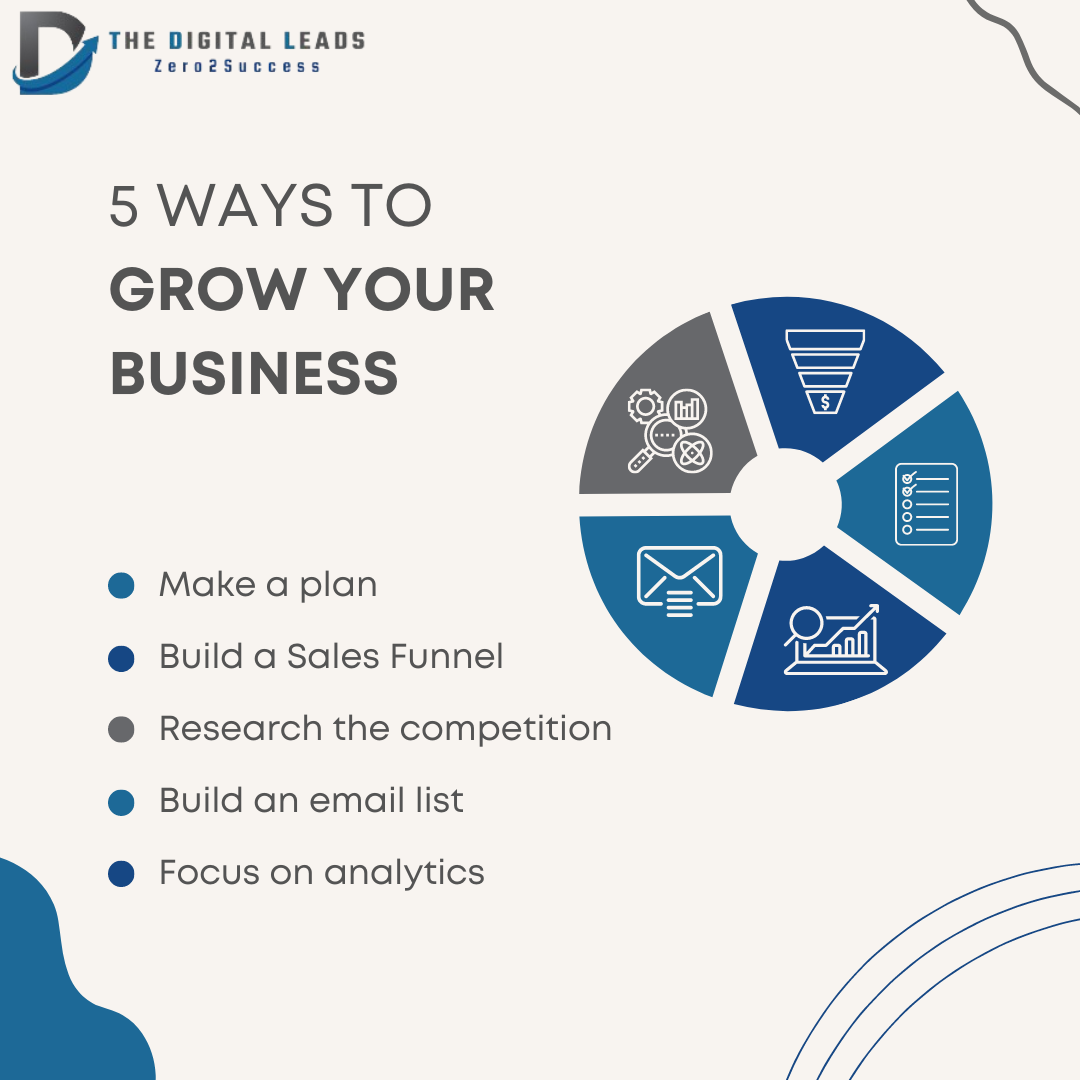
5 Tips to Grow Your Business Through Digital Marketing Digital marketing is now essential for business growth in the cutthroat…

Comparing Digital Marketing Job Opportunities: India vs Global Markets. Examining Employment Prospects in Digital Marketing: India vs International Markets Because…
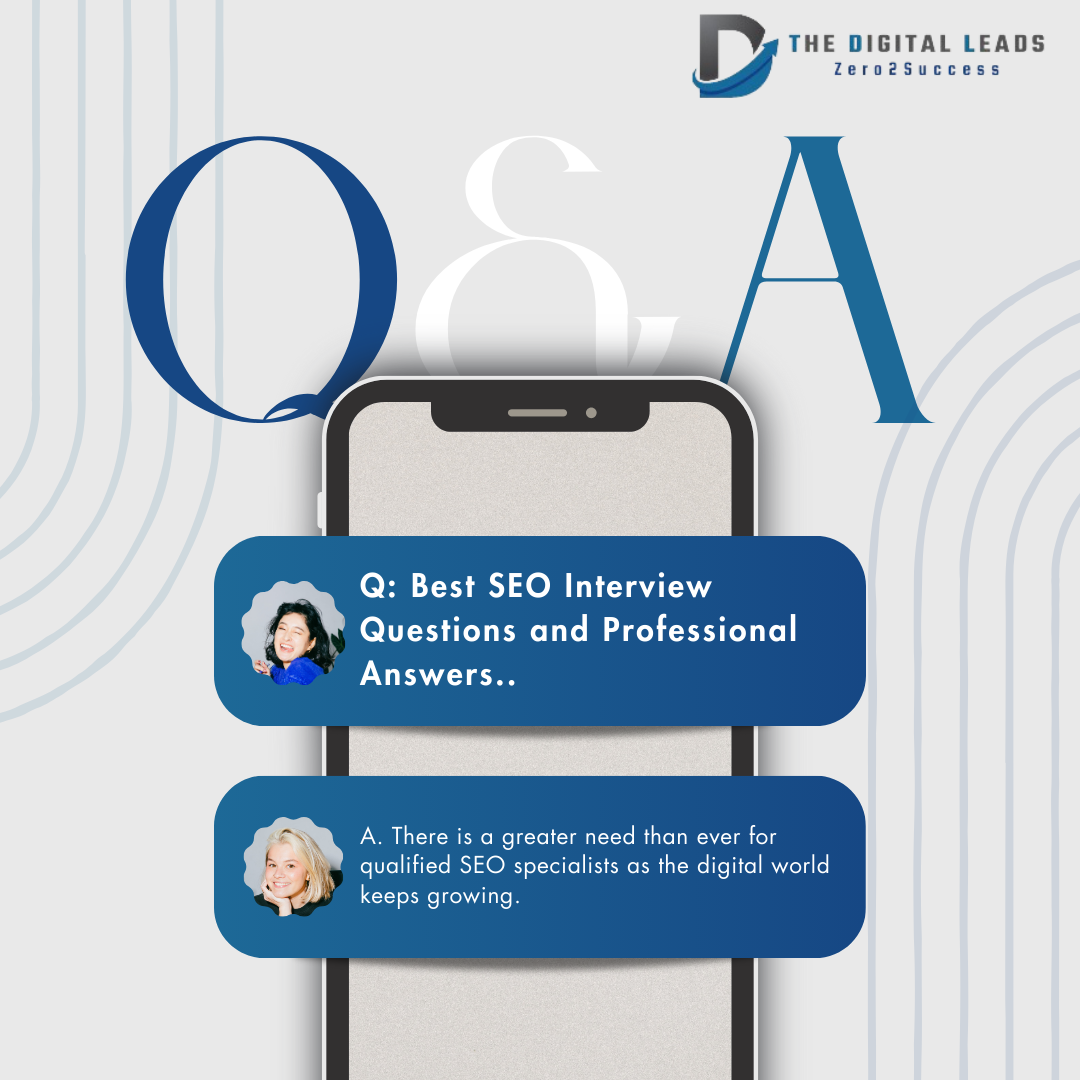
Best SEO Interview Questions and Professional Answers to Get Your Dream Job There is a greater need than ever for…

8 Tools of digital marketing for Every Business Strategy Businesses need to use digital marketing to effectively reach and engage…

Affordable Digital Marketing Services for Every Business Businesses need to adjust to the ever changing digital landscape in order to…

“Top 5 Digital Marketing Agencies in Delhi NCR” businesses to succeed in the fast-paced digital world of today, a strong…
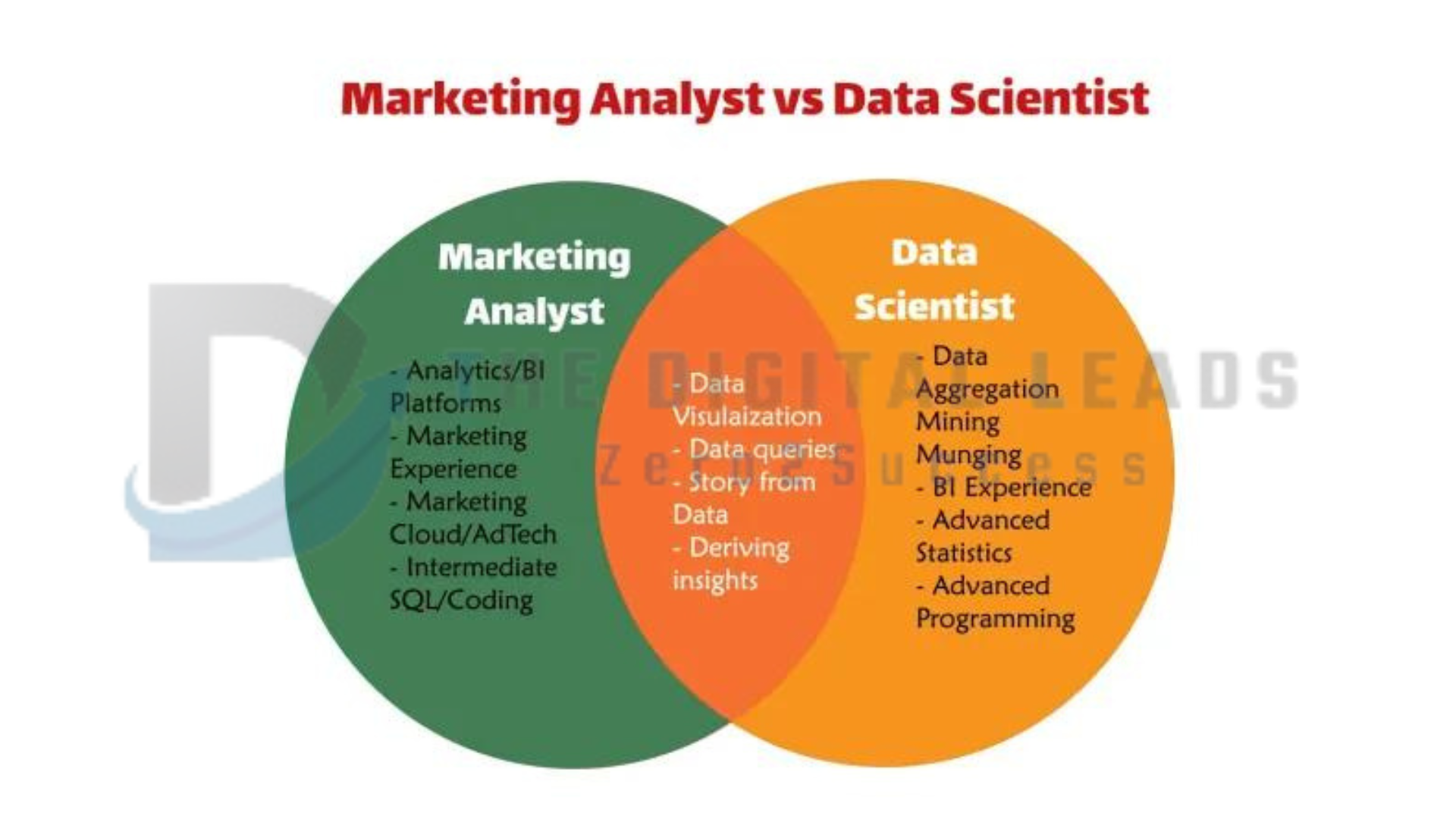
Data Science vs Digital Marketing: which is best for career. In the rapidly evolving landscape of technology and business, both…
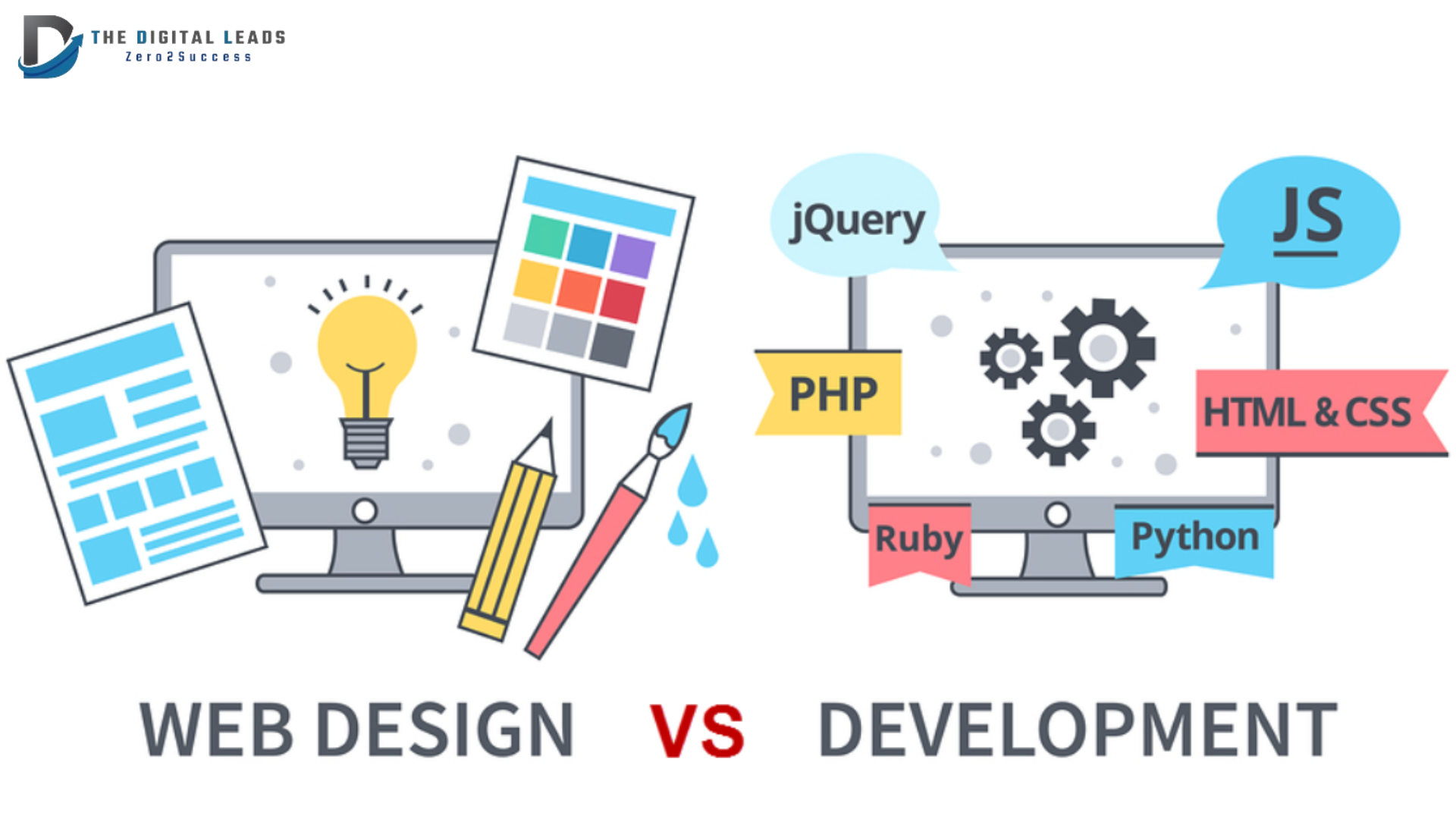
Differences Between Website Development vs Website Design Having a strong online presence is essential for individuals, businesses, and organizations in…

10 topics ideas for articles on digital marketing These are ten excellent blog themes for digital marketing that will draw…

Interview Questions for Digital Marketing. An overview of TheDigitalLeads.in services and interview questions for digital marketing Securing a position in…
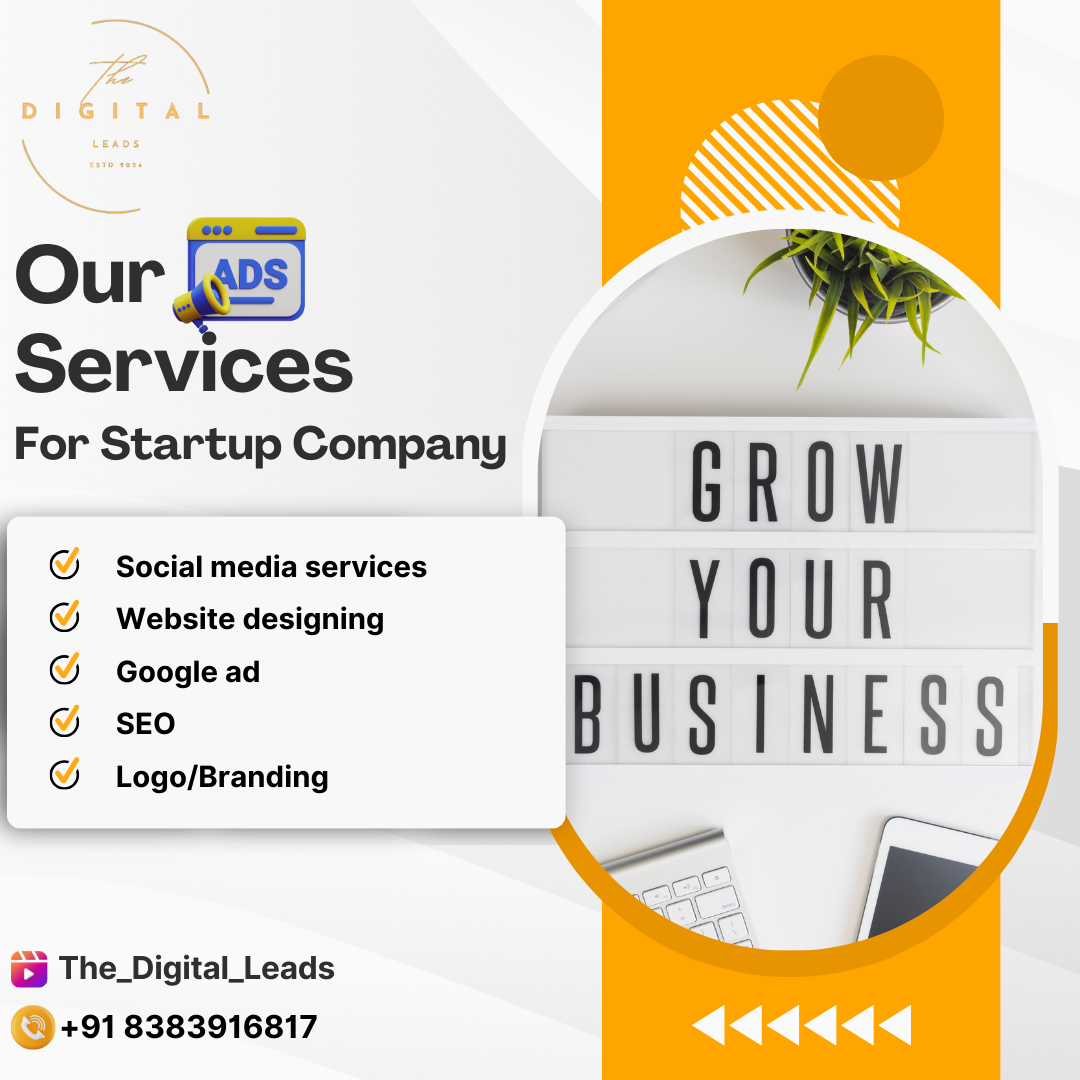
Expert Digital Marketing Services by The Digital Leads In the ever changing digital landscape of today, a strong online presence…

Unleashing Success: The Premier Digital Marketing Agency in Delhi Are you prepared to lead your company to new heights in…

Digital Marketers In the ever-changing world of Digital Marketers, successful lead-generation strategies are just as important as producing captivating content…

E-mail Marketing E-mail marketing is always changing, but one of the best ways to interact with consumers, nurture leads, and…


